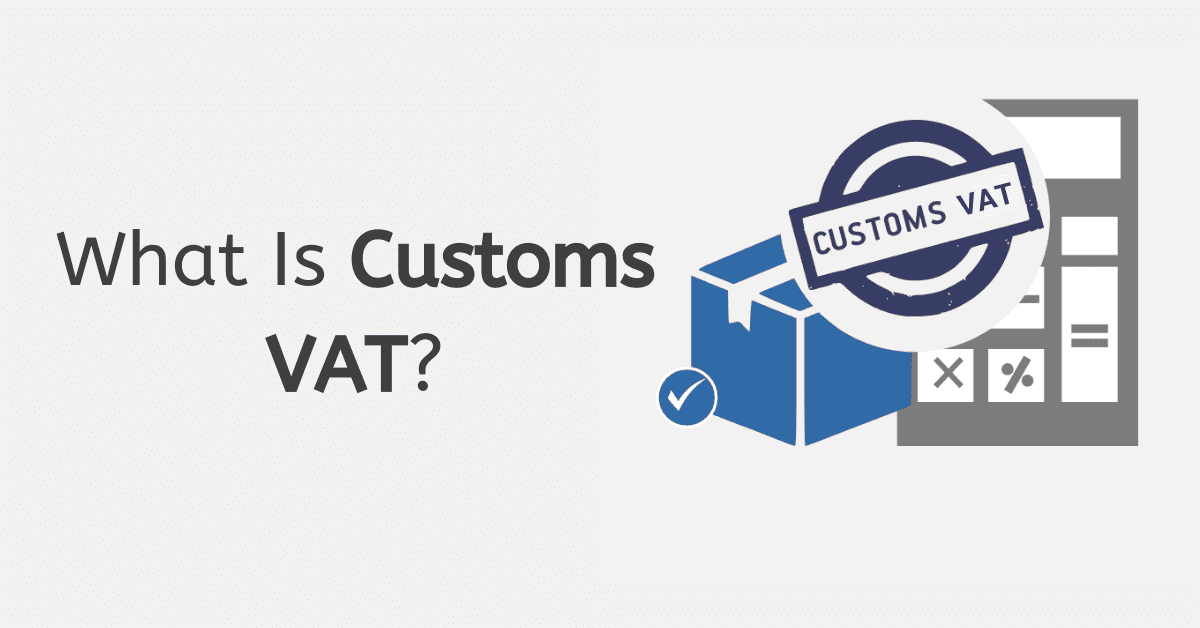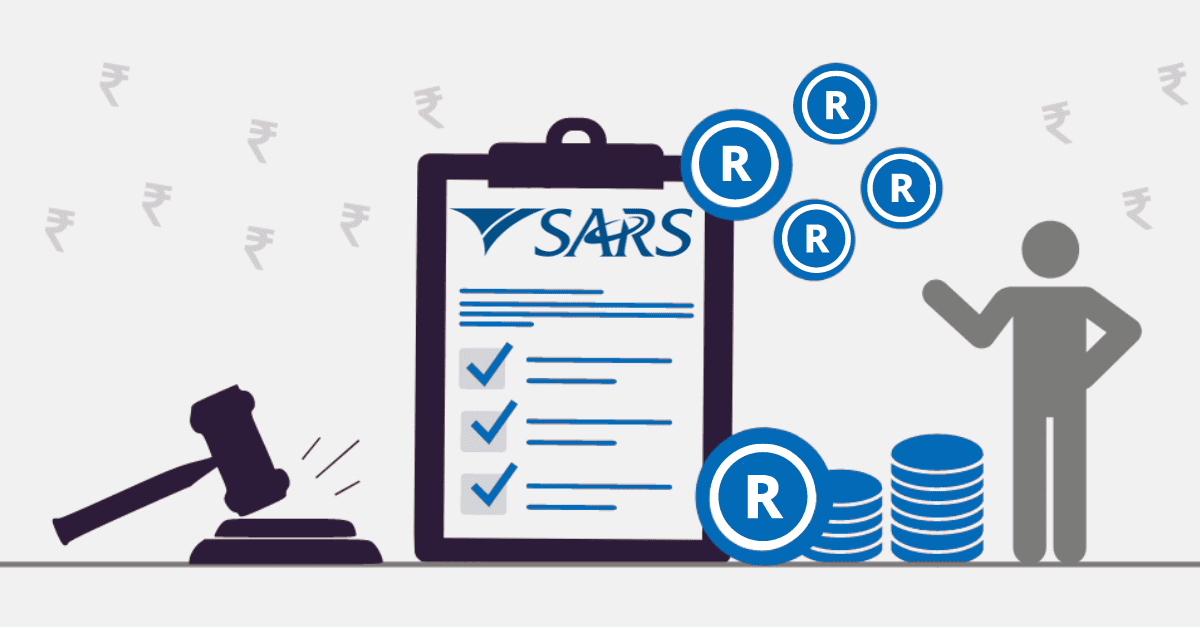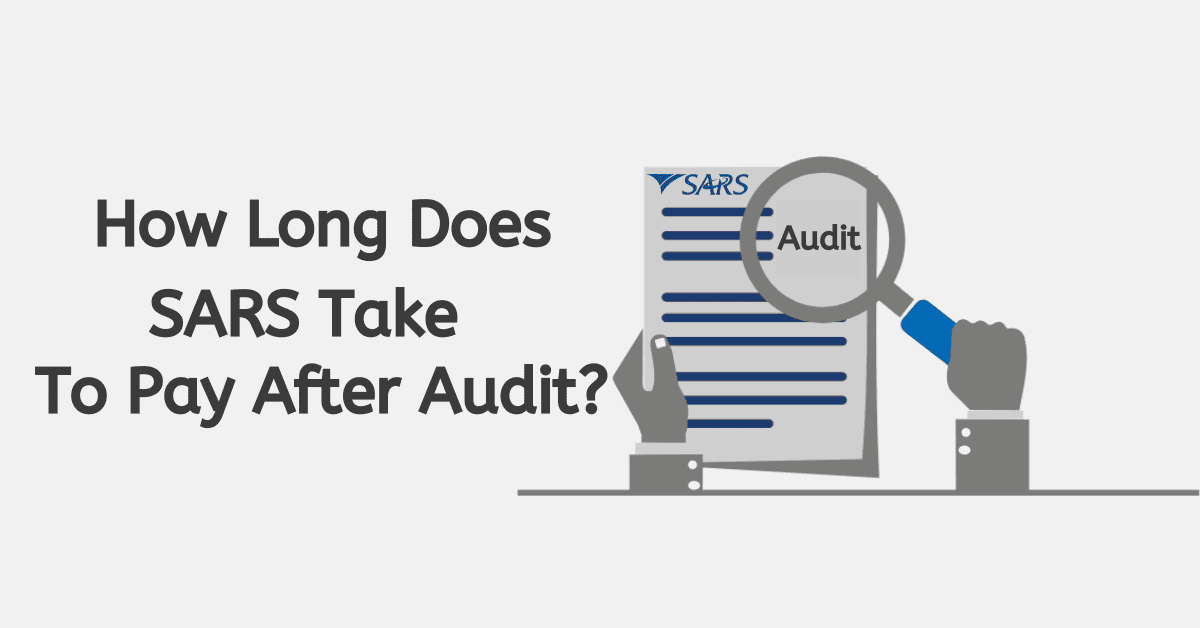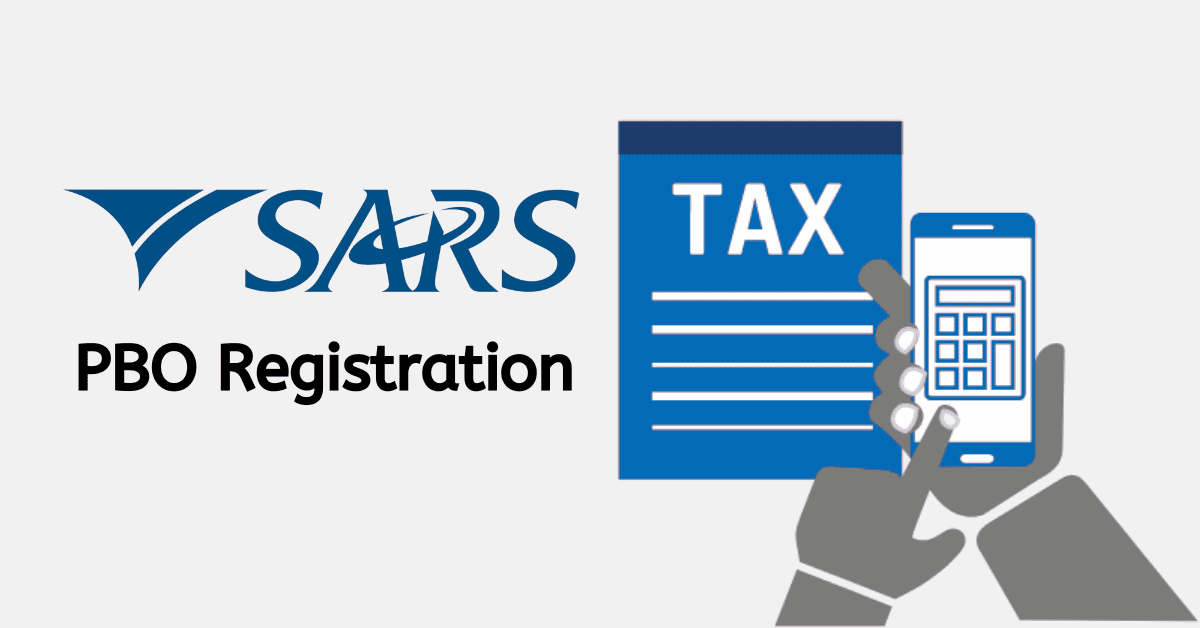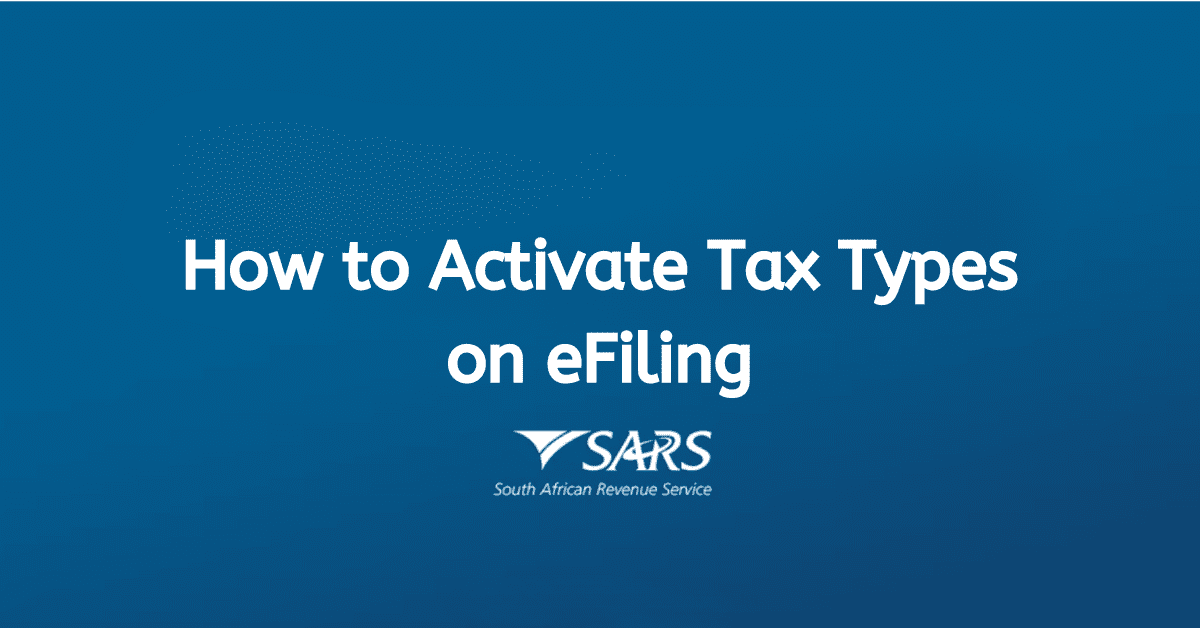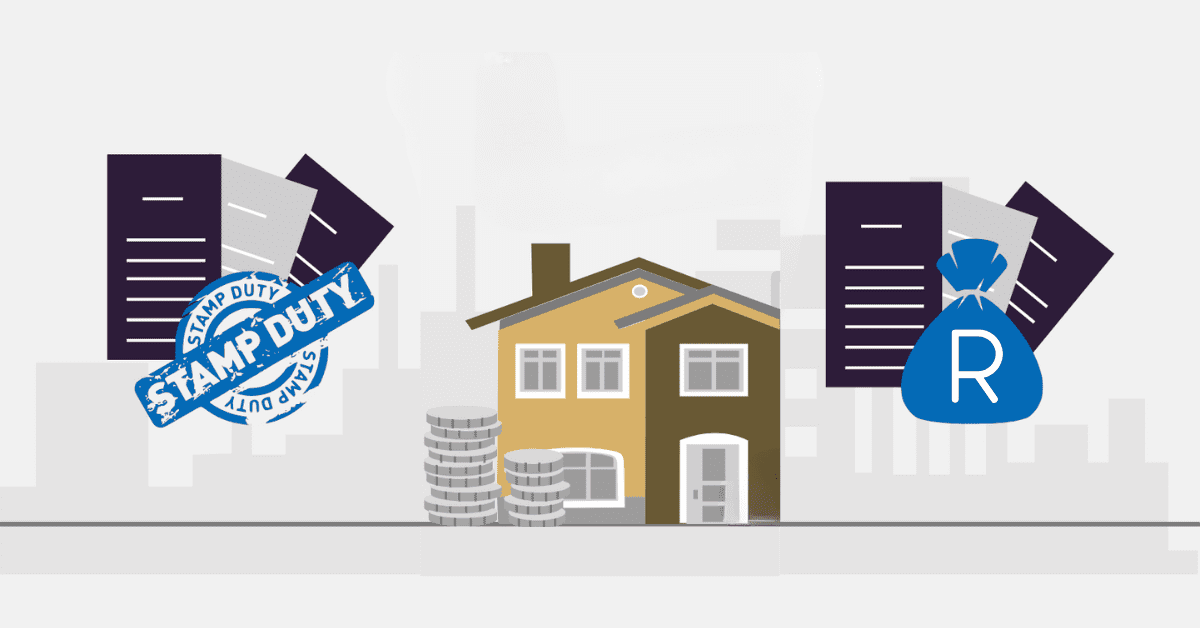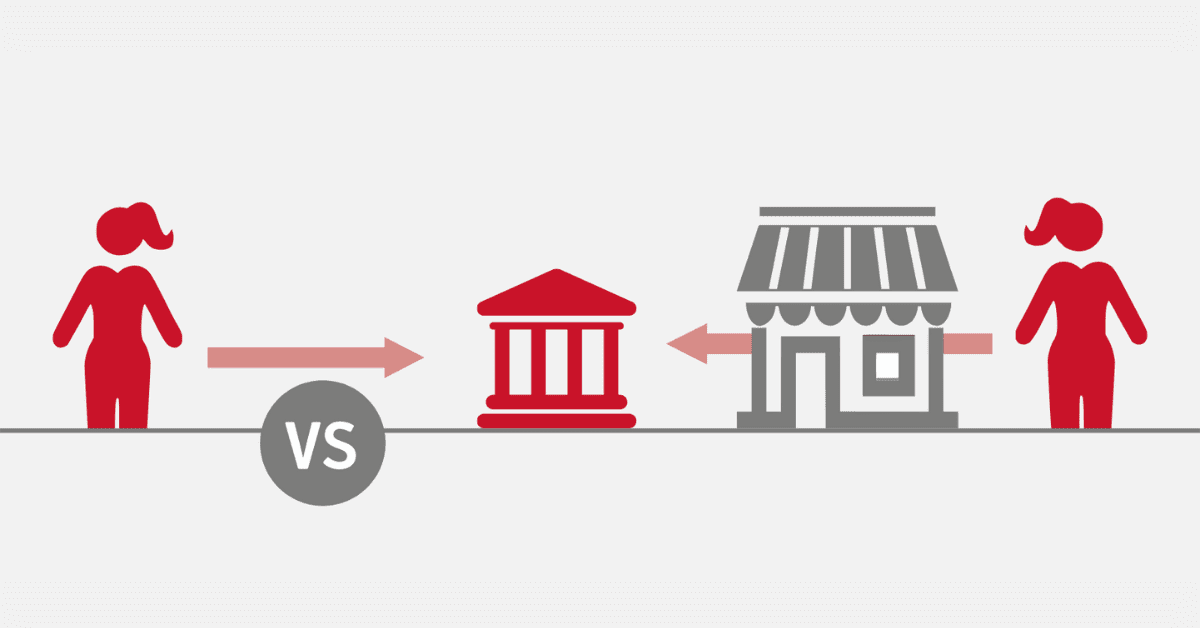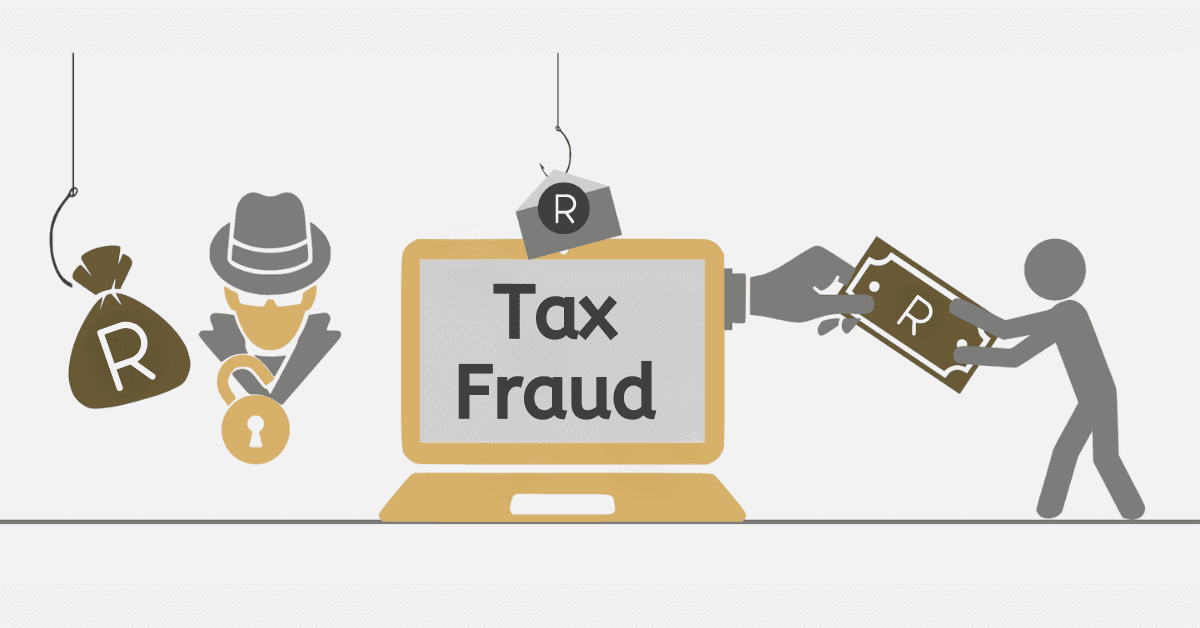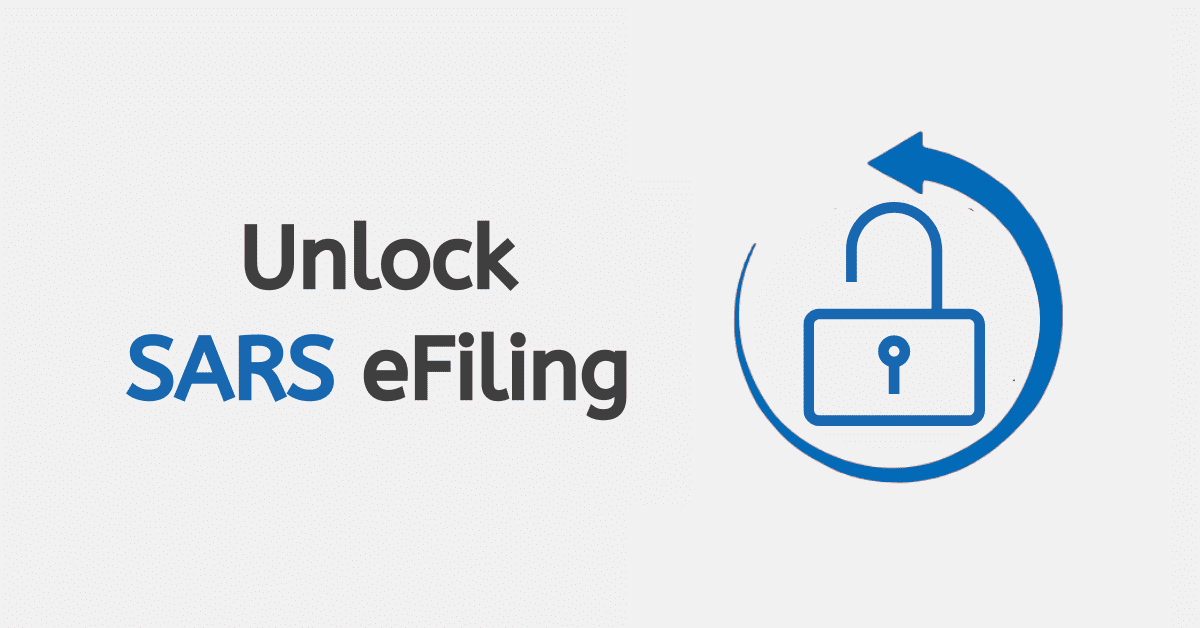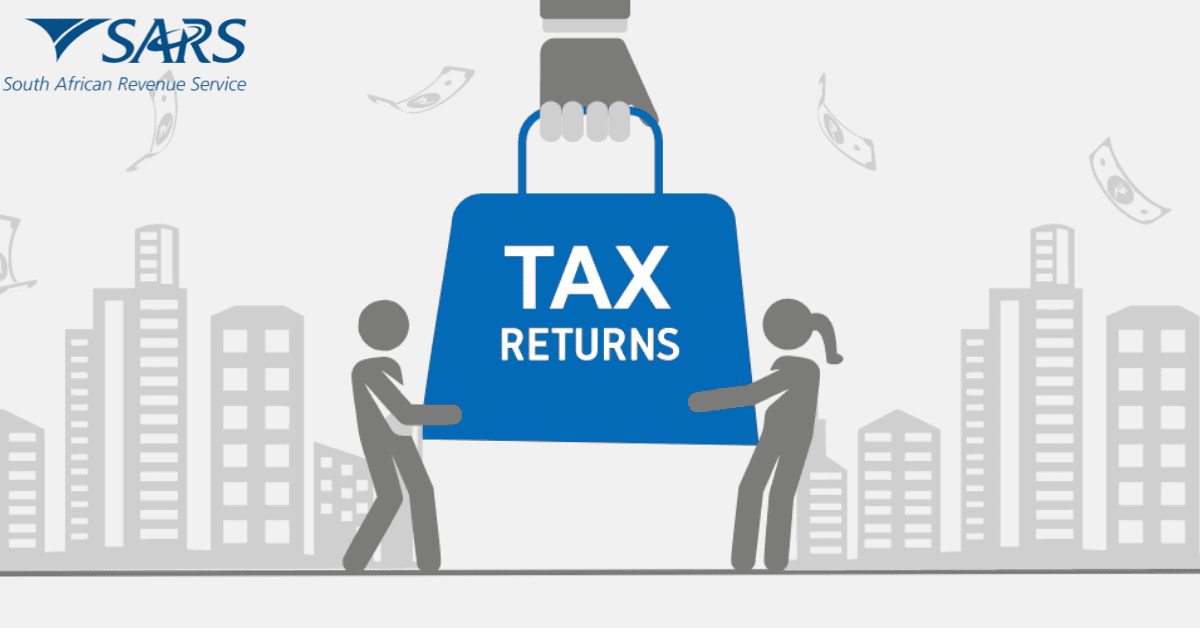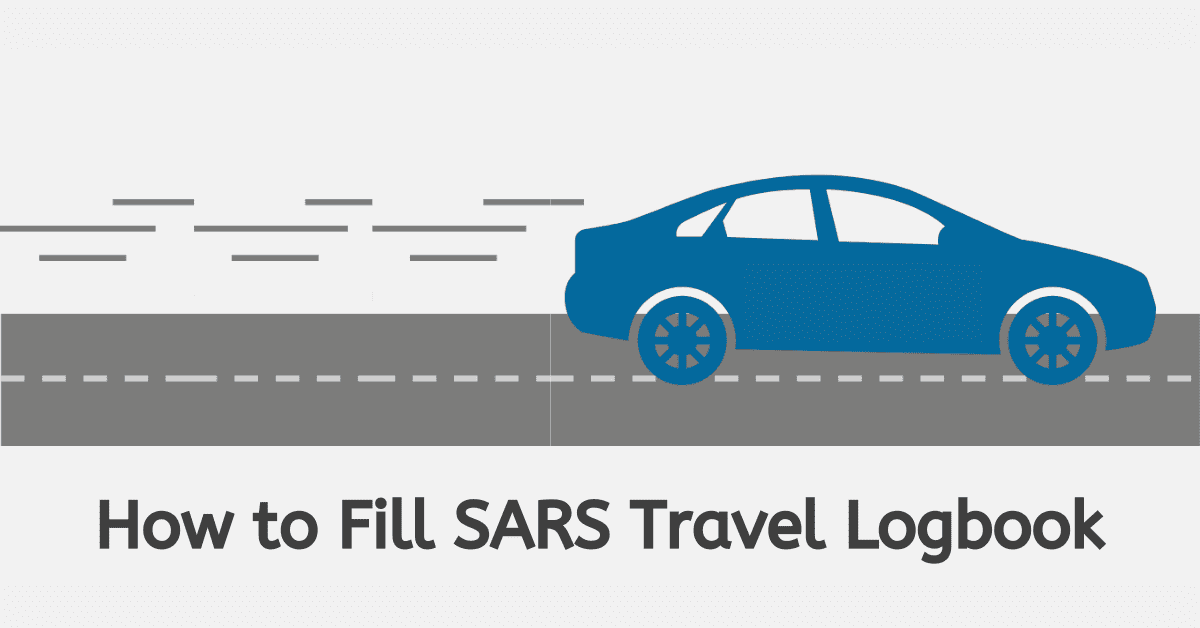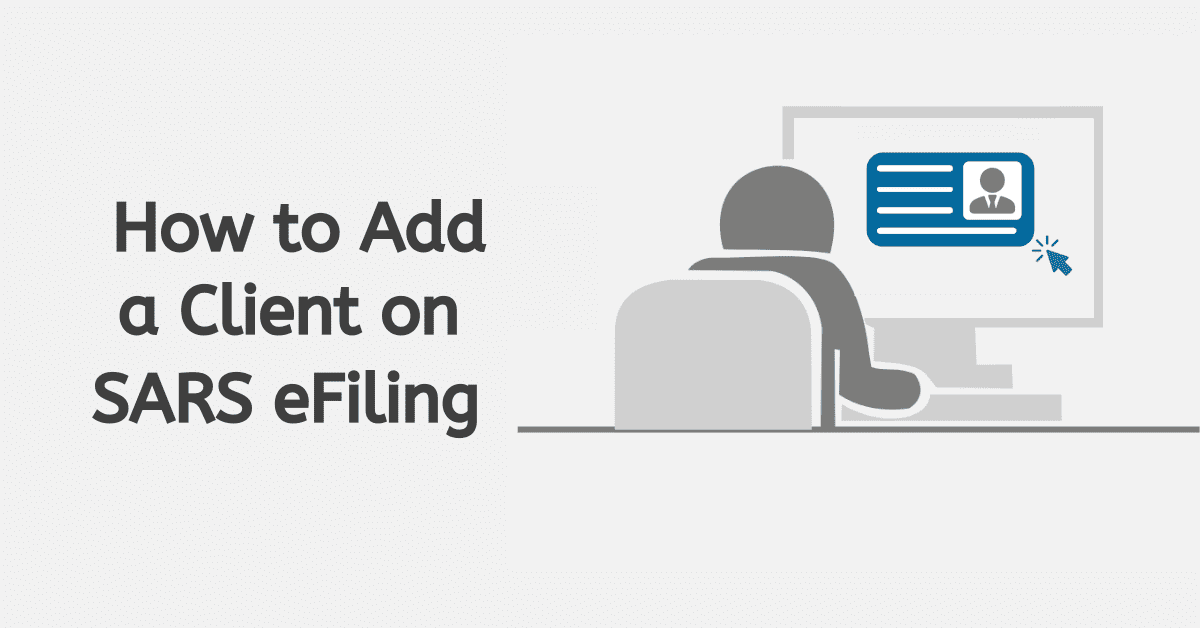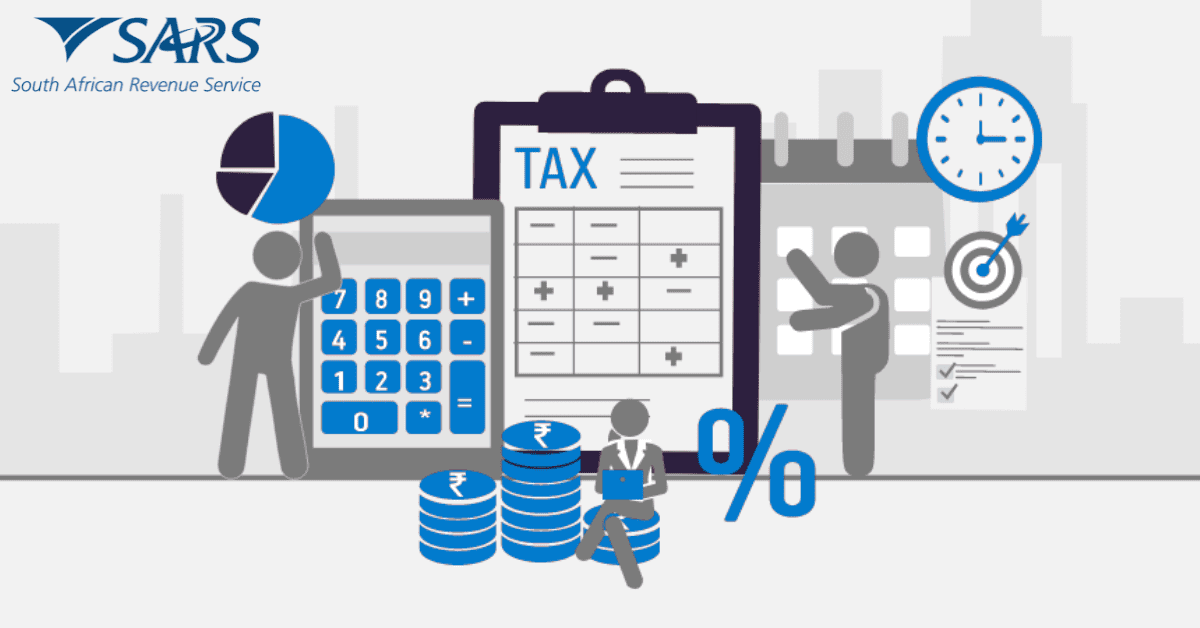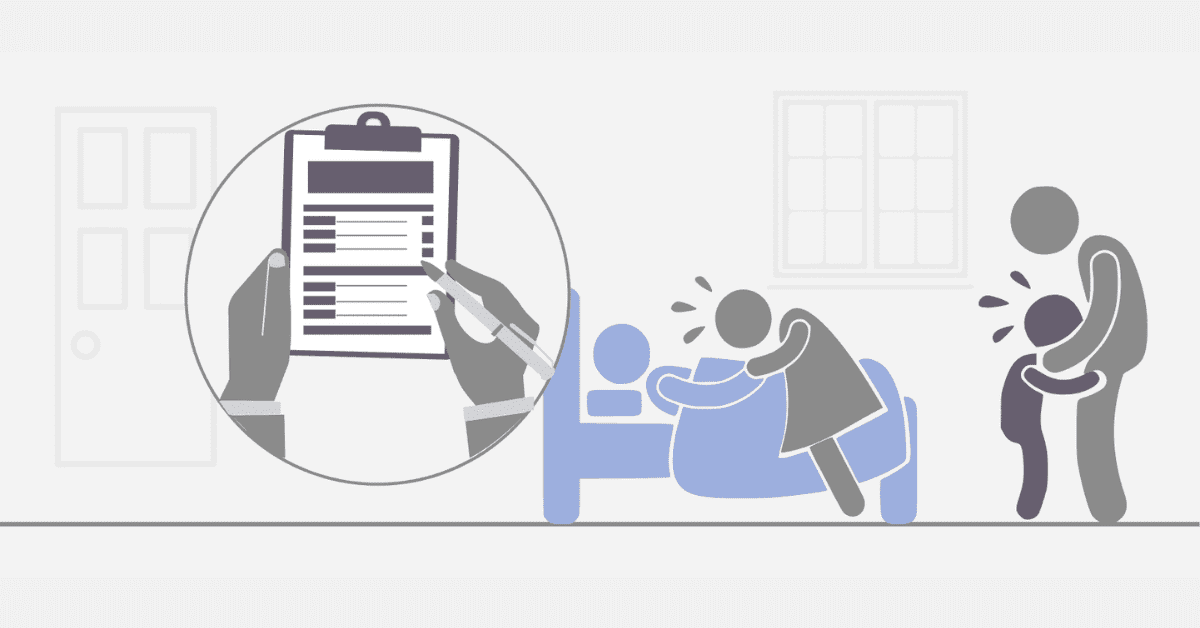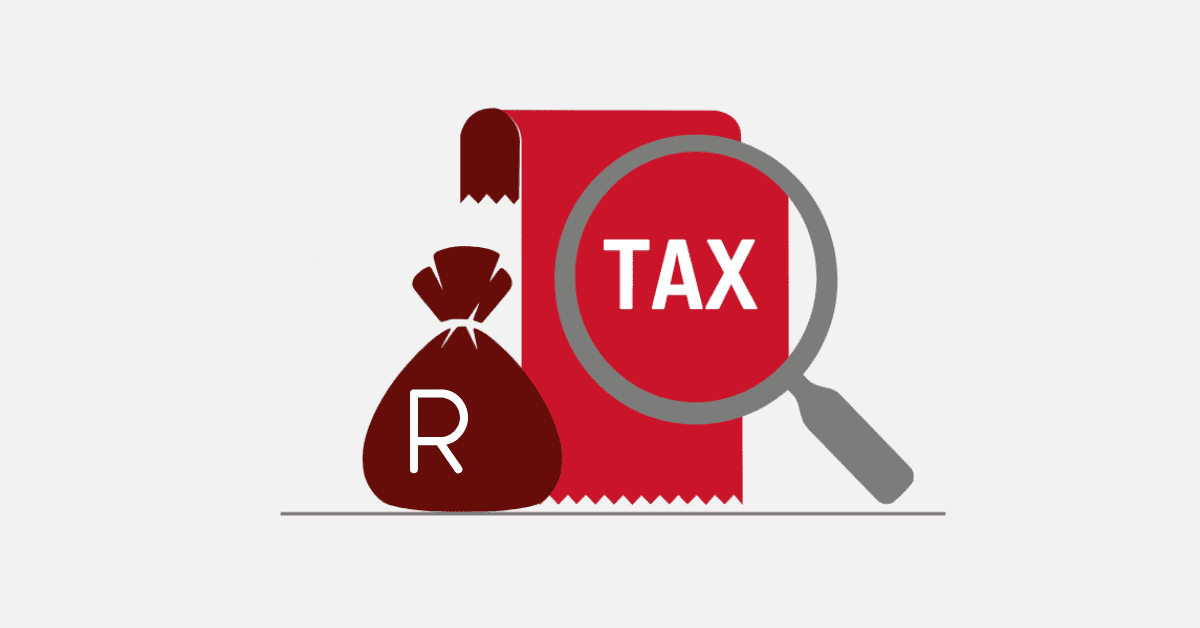Are you curious about the disability and medical expense tax credit sections on your tax return? This is a major tax deduction for many salaried and employed people each year, and one it is well worth leveraging to reduce your tax burden. Today we’ve assembled a quick guide to everything related to the disability and medical expense tax credits from SARS to help you make the most of these deductions.
All About Disability And Medical Expense Tax Credits
As part of submitting your income tax return to SARS each year, you will notice that there are sections for deductions regarding medical expenditures for both you and your dependents. This is a system put in place by SARS to reward those who are not reliant on the public healthcare system, which is funded by the government, and who instead cover their medical costs from private funds. While you won’t get all the money you spend on medical care and medical aid coverage back, it can represent a big deduction for your tax return.
What Is The Medical Credit For SARS 2026?
Older systems of medical deductions on your tax return were replaced in 2013 by the Medical Scheme Fees Tax Credit or MTC. This returns a portion of your expenditure on a recognized medical aid scheme in South Africa to you as an income tax deduction.
In 2026, the Medical Credit for SARS is as follows:
- For the primary member, whether that is you or if you are paying for another person but are not yourself, it is covered by the medical aid: R347. This will rise to R364 for the 2026 year
- For the Primary Member and one dependent. This could be you and a dependant, or two dependants where you are not covered: R694, rising to R728 in 2026
- Every additional dependant: R234, rising to R246 in 2026
This deduction, in whatever combination is relevant to you, is for every month you are a member of the medical aid scheme that year.
How Much Do You Get Back From SARS For Medical Expenses?
How much you get back from SARS for medical expenses highly depends on your circumstances. If you are a member of a registered medical aid, you can claim your MTC (as we looked at above) for yourself and your dependents. You can then leverage some portion of your additional out-of-pocket medical costs for the AMTC or additional medical tax
What Is The Disability Tax Credit In South Africa?
As we outlined below, if you have a qualifying disability, or your spouse or child does, you get an additional amount added to your AMTC, or additional medical tax credit. Instead of 25% of your qualifying expenses over 7.5% of your taxable income, you can claim 33% of all qualifying medical costs. Additionally, you can claim 33.3% of any excess medical aid rate which is three times the MTC you are due.
What Qualifies As A Disability In South Africa?
While SARS and other government institutions will be quite strict in verifying disabilities, there is a generous definition of ‘disability’ under government legislation. It must be a long-term (or recurring) physical or mental impairment substantially limiting your ability to work and care for yourself. Progressive impairments, as well as recurring ones, are covered.
Usually, it must persist for at least a year—short-term disabilities do not count. The disability must cover loss of a body part, impairment of body functions, sensory impairments, and clinically recognized mental issues affecting judgment, thought process, or emotions. You will need diagnostic proof from a registered medical practitioner.
What Is The Additional Medical Expenses Tax Credit For 2026?
In addition to the Medical Scheme Fees Tax Credit we outlined above, there is also the Additional Medical Fees Tax Credit, or AMTC. It is an additional rebate on top of the one tied to medical aid membership and covers a portion of our out-of-pocket medical fees for the year. It relies on a portion of your qualifying medical expenses. These are:
- Medical services and medicines are issued by registered medical practitioners, including dentists and optometrists, homoeopaths, naturopaths, osteopaths, physiotherapy and chiropractic services, specialists, and even herbalists.
- Hospital costs in registered hospitals
- Home nursing by registered midwives/nurses/nursing assistants and agencies
It can also cover medical expenses outside of South Africa that are equatable to these if you are a tax resident here.
However, you cannot claim all of these costs. For most working adults, you can claim 25% of the amount exceeding 7.5% of your taxable income. You can also add some excess from your medical aid fees to this amount, where your total cost is over four times the MTC allowed to you.
For people over 65, or people with a disability/a spouse or child with a disability, this rises to 33.3% of qualifying expenses and 33.3% of the excess over three times the MTC.
Can I Claim Medical Expenses From SARS If I Don’t Have Medical Aid?
You cannot use the MTC, or primary medical rebate, without medical aid in South Africa. However, you can use the AMTC, or additional medical tax credit, to cover what you have paid for your medical care regardless of whether you have medical aid.
Hopefully, you will now feel much more comfortable about the medical and disability tax credits offered by SARS. Remember, they can make for a sizable tax reduction, so be sure to use what you qualify for to help reduce your tax burden.
